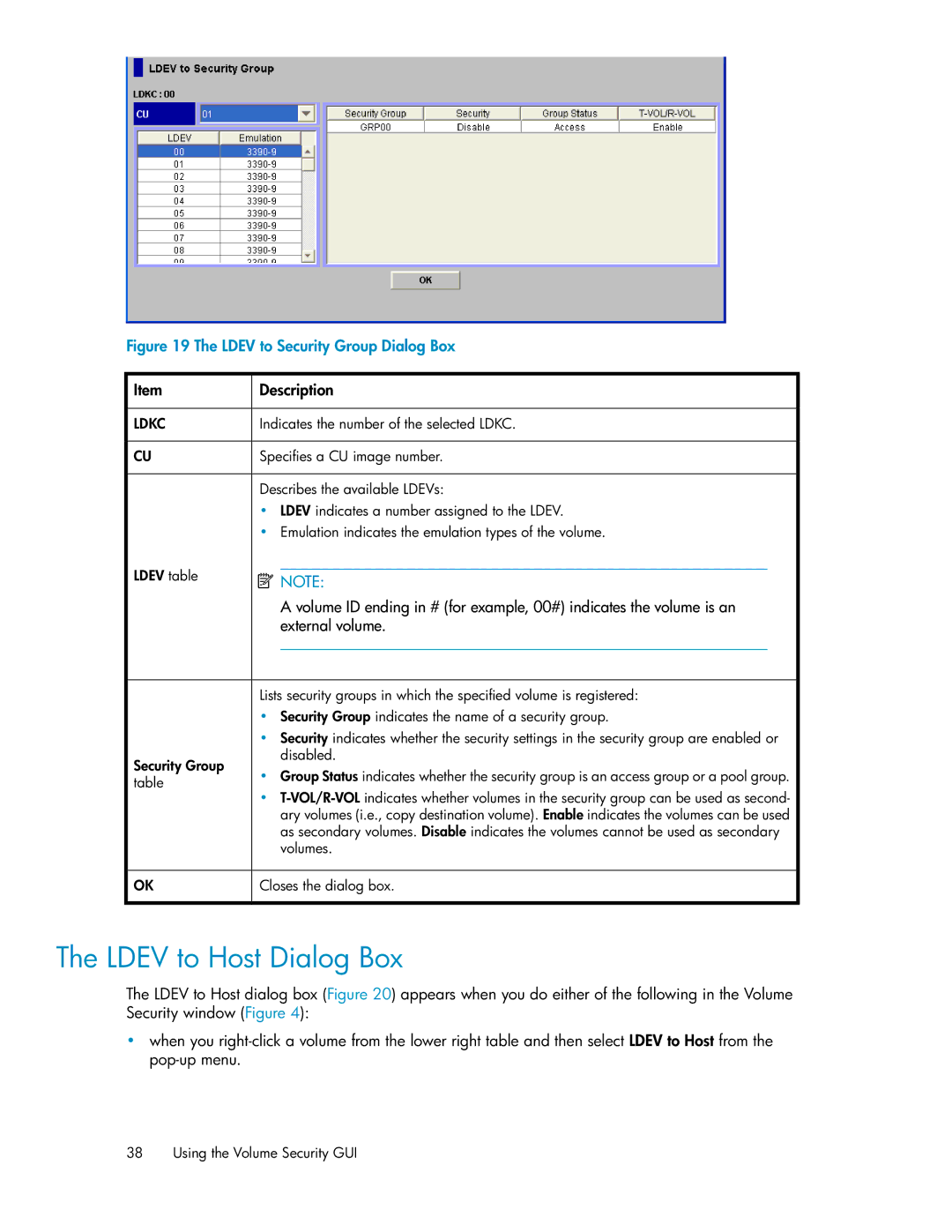
Figure 19 The LDEV to Security Group Dialog Box
![]() Item
Item
![]() LDKC
LDKC
![]() CU
CU
LDEV table
Security Group table
![]() OK
OK
![]() Description
Description
![]() Indicates the number of the selected LDKC.
Indicates the number of the selected LDKC.
![]() Specifies a CU image number.
Specifies a CU image number.
Describes the available LDEVs:
•LDEV indicates a number assigned to the LDEV.
•Emulation indicates the emulation types of the volume.
![]() NOTE:
NOTE:
A volume ID ending in # (for example, 00#) indicates the volume is an external volume.
Lists security groups in which the specified volume is registered:
•Security Group indicates the name of a security group.
•Security indicates whether the security settings in the security group are enabled or disabled.
•Group Status indicates whether the security group is an access group or a pool group.
•
![]() Closes the dialog box.
Closes the dialog box.
The LDEV to Host Dialog Box
The LDEV to Host dialog box (Figure 20) appears when you do either of the following in the Volume Security window (Figure 4):
•when you
38 Using the Volume Security GUI
